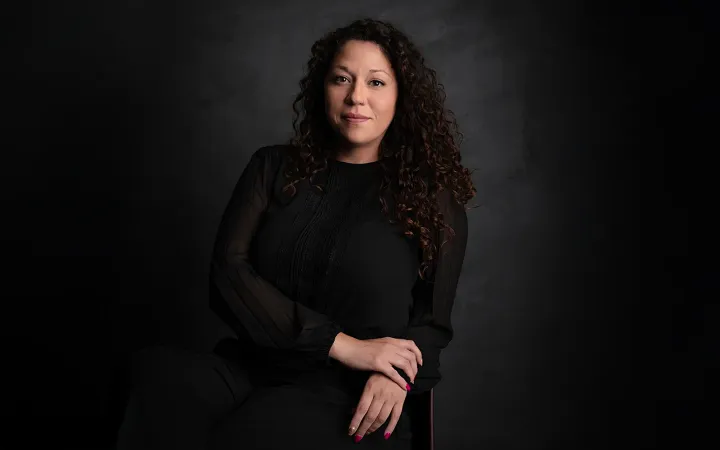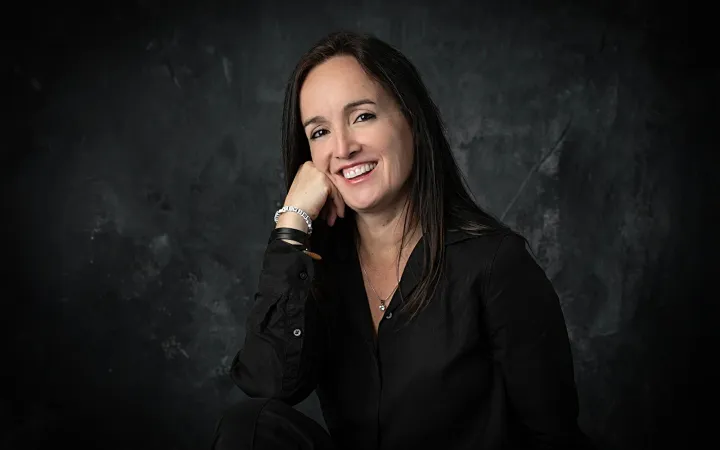
Por Jimena de Gortari
Y cuando despertamos el ruido seguía ahí. También mientras nos movemos por la ciudad, a veces se cuela mientras dormimos, otras cuando estamos en una conversación, dando clase, leyendo … Pienso en todas las actividades de los miles de personas que circulamos por esta ciudad durante el día y cómo se ven afectadas por este contaminante. Creo que son pocos los lugares que se salvan de su presencia. Toda actividad humana genera un sonido, pero ¿será necesario que este sea de tal intensidad? ¿Podríamos bajar un poco el nivel? ¿Qué tanto notamos sus apariciones en nuestra vida?
Vivir en una ciudad tan ruidosa, como lo es la ciudad de México, nos ha hecho habituarnos a la presencia constante de ruido, es decir a diferentes fuentes sonoras que se combinan entre sí, un tráiler que pasa, una motocicleta que acelera, el claxon de algún impaciente, el avión que se aproxima, la sopladora de hojas, el bar que decidió sacar la fiesta a la terraza con todo y mariachi; la lista es muy extensa. Quizás pasamos del hábito a la resignación porque cuando nos quejamos frente a la autoridad la respuesta no resulta en lo que esperábamos, o la espera se hace tan larga que nos cansamos, o el tramité es tan tortuoso – para el que además hay que tener tiempo, de ese que escasea- que lo dejamos. Así que nos convencemos de que podemos convivir con él. Lo aceptamos como parte de nuestra vida, como una consecuencia de vivir en “la ciudad que nunca duerme”, sin saber que afecta a nuestra salud causando daños irreparables y con efectos acumulativos. El crecimiento demográfico de las ciudades ha ocasionado que la población esté expuesta a niveles cada día mayores y con intensidades superiores a los recomendados por la Organización Mundial de la Salud (OMS). Numerosas asociaciones y expertos, así como la OMS, han declarado de forma unánime que el ruido tiene efectos muy perjudiciales para la salud. Estos perjuicios varían desde trastornos puramente fisiológicos —como la pérdida progresiva de audición— hasta los psicológicos, pues producen una irritación y cansancio tal que provocan disfunciones en la vida cotidiana, tanto en el rendimiento laboral como en la relación con los demás




